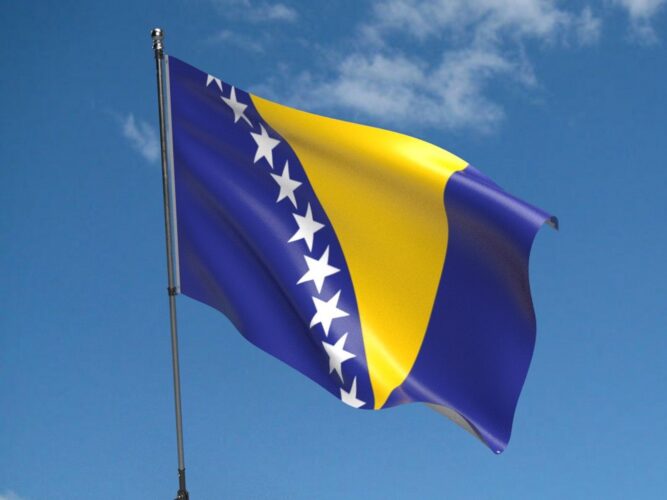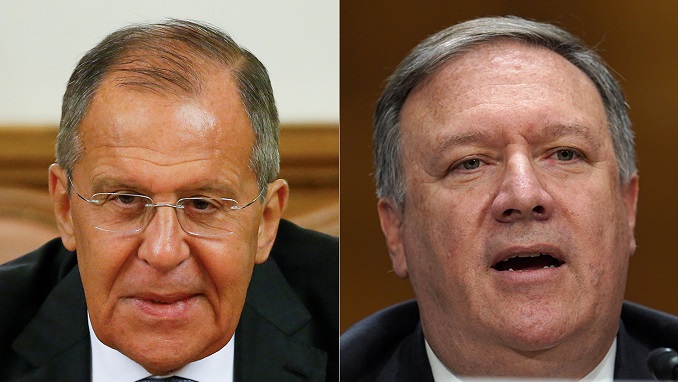According to a preliminary vote count conducted by the Party of Democratic Action (SDA), centrist Croat and Bosniak hopefuls Zeljko Komsic and Denis Becirevic are leading for a position in Bosnia’s presidency election.
According to SDA, Komsic, the head of the Democratic Front (DF) party, won 70.7% of the votes, defeating a challenger from the Croatian Democratic Community (HDZ), the largest party among Croats, to win the fourth term in office, Reuters reported.
Becirevic, a member of the Social Democratic Party (SDP) who was supported by 11 civic-minded opposition parties, defeated Bakir Izetbegovic with 55.78% of the vote. Izetbegovic is the leader of the nationalist Bosniak (Bosnian Muslim) Party of the Democratic Action (SDA), which has held power since the end of the war in 1996.
Izetbegovic, who according to the electoral commission received 39.31% of the vote for the Bosnia presidency election, accepted the loss late on Sunday.
“How can you expect to win when 11 parties are against you? If there were nine of them, I could easily win, but with 11 I couldn’t,” Izetbegovic said, as cited by Balkan Insight.
Bosnian voters participated in a struggle between steadfast nationalists and reformists who were more concerned with the economy to determine the nation’s new collective tripartite inter-ethnic presidency and parliamentarians at the national, regional, and municipal levels.
Additionally, Christian Schmidt, the High Representative to Bosnia, used his executive so-called “Bonn-powers” to enact contentious modifications to the country’s election legislation in an unexpected move shortly after the majority of voting locations had closed.
With several unsuccessful hearings, Bosnia has struggled with election legislation for more than ten years.
By increasing the number of representatives in the House of Peoples of the Federation entity and altering how they are elected, the new intervention modifies the election legislation. Along with efforts to guarantee the Federation entity, which is mostly comprised of Bosniaks and Croats, functions properly, the revisions also include a deadline for the formation of the government following the election, Balkan Insight explains.
Schmidt’s decision was praised by the US Embassy in Bosnia, which noted that it would support Bosnia and Herzegovina’s stability and functionality. According to the embassy, this was an urgent and essential move.



